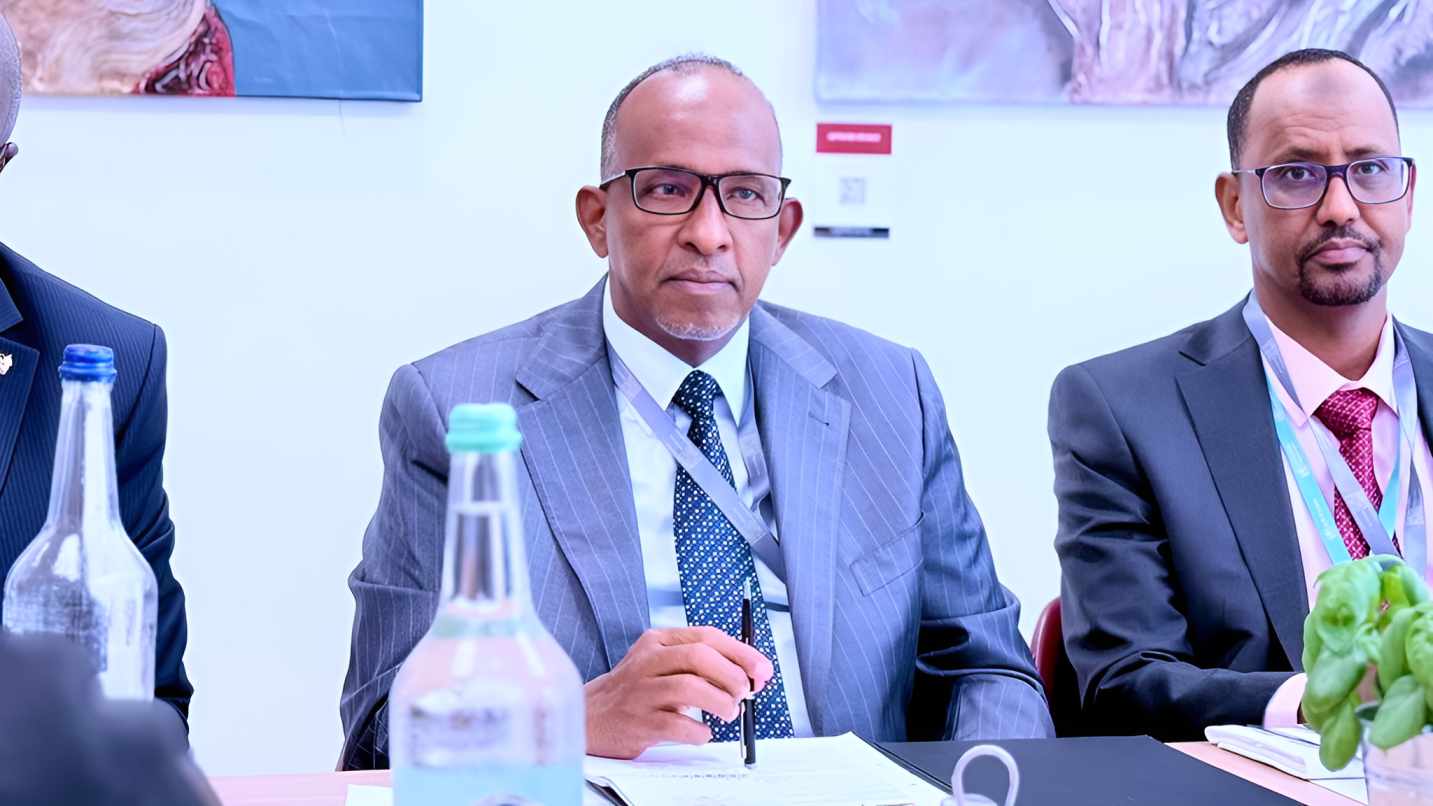Kenya raises WHO contributions by 20pc to boost global health fund

For the 2024–2025 period, Kenya’s assessed contribution is $356,510 (about Sh46 million).
Kenya will increase its mandatory contributions to the World Health Organisation by 20%, joining global efforts to secure long-term funding for health programmes under the organisation's 2025–2028 strategic plan.
Speaking at the 78th World Health Assembly in Geneva, Health Cabinet Secretary Aden Duale said, "The revised budget will achieve more impact even with less funding."
The increase is part of WHO’s Investment Round, which aims to support its 14th General Programme of Work, a four-year roadmap to strengthen global health systems.
WHO relies on two funding sources: assessed contributions, which are based on a country’s economic strength, and voluntary donations.
However, the mandatory fees account for less than 20 per cent of WHO’s total budget, leaving most of its operations dependent on voluntary support.
For the 2024–2025 period, Kenya’s assessed contribution is $356,510 (about Sh46 million).
After applying tax credits, the net amount payable is $344,510 (over Sh44 million), paid equally across the two years. This represents only 0.03% of WHO’s total assessed contributions.
With rising global health demands and tighter financial conditions, WHO member states approved a 20 per cent increase in assessed contributions over the next three years.
The plan includes an additional $90 million (Sh11.5 billion) in annual income. Overall, world leaders pledged an extra $170 million (Sh21 billion) during the Investment Round to help close funding gaps.
WHO Director-General Tedros Adhanom Ghebreyesus welcomed the commitments, calling them "a testimony that multilateralism is alive and well."
He was re-elected during the assembly and thanked member states for their support amid a difficult financial environment.
"These funds will help us to preserve and extend our life-saving work," he said.
This year’s pledging round also saw an expanded donor base, with Kenya among four African countries making contributions.
Angola pledged $8 million (over Sh1 billion), the highest among the African states.
Tanzania committed $500,000 (Sh64 million), adding to a previous pledge of the same amount, while Gabon pledged $150,000 (Sh19 million).
WHO also stressed the importance of flexible contributions, which are more adaptable and valuable for its operations. Eight donors included flexible funding in their pledges.
Four countries contributed for the first time, and nearly 8,000 individuals worldwide donated over $600,000 (Sh77 million) through the One World Movement.
The United States did not take part in this year’s event after withdrawing from WHO membership in January 2025, following a decision by former President Donald Trump’s administration.
The US was expected to contribute $260.6 million (Sh33.74 billion) in assessed fees for 2024–2025, making it the largest assessed contributor.
In addition to mandatory fees, the US had historically given major voluntary support. During 2022–2023, it contributed $1.28 billion (Sh165.72 billion) to WHO’s budget.
Its absence presents serious funding challenges, with WHO projecting a $600 million (Sh77.68 billion) shortfall and a potential 21 per cent budget cut over the next two years.
In response, the WHO approved a revised budget of $4.2 billion (Sh543.13 billion) and urged all member states to raise their contributions to ensure the stability of global health financing.
Leaders at the assembly underlined the need for consistent and flexible funding to close the gap and allow the organisation to meet its global health goals.
